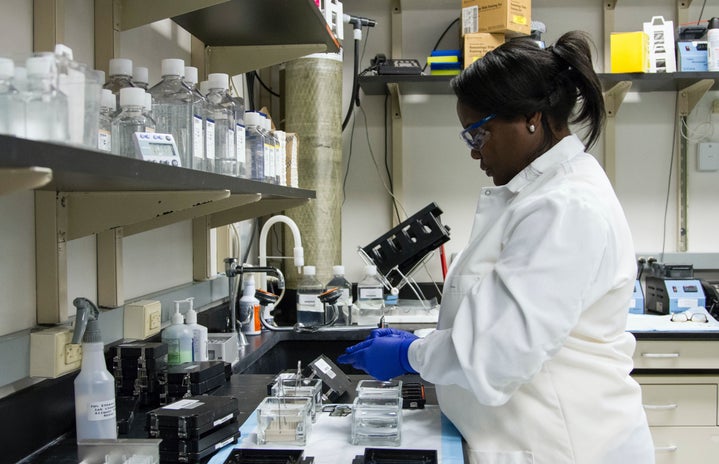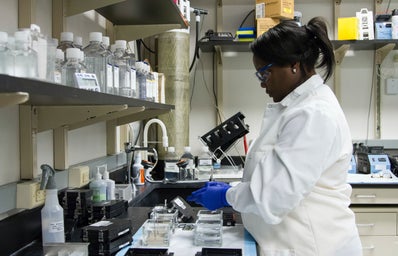The term cervical cancer itself can sound scary and intimidating but it shouldn’t, especially when it is something that can be so easily prevented! You may be wondering: what is cervical cancer? Well, cervical cancer is cancer of the cervix that occurs when cells within the cervix become abnormal and grow at a rapid speed, usually resulting in a growth or a tumour. However, this form of cancer is viewed as one of the most treatable cancers, if caught in time. This article is going to discuss some of the ways to spot and prevent cervical cancer, in an attempt to keep yourself safe and healthy.
Risk Factors:
Ok, so we now know what Cervical Cancer is, but how can we help prevent it?
The number one risk factor, which is also a completely normal activity, is sex and a person’s sexual history. Several factors in relation to one’s sexual history can increase their chances of cervical cancer and increase the risk of exposure to HBV (Human Papillomavirus).
The main factors related to sexual history are:
- Becoming sexually active at a young age
- Multiple sexual partners at a time
- Having a high-risk partner (someone who has multiple partners or someone who already has HPV)
The second factor that can increase someone’s risk of cervical cancer is smoking. According to several studies, women who smoke are two times more likely to get cervical cancer than those who do not. Researchers believe this is because the tobacco in cigarettes causes damage to the DNA within the cervix, increasing one’s chances of HPV. Smoking also weakens your immune system which lessens your body’s ability to fight off cancer.
Finally, if you have suffered from chlamydia, which is a common bacteria that infect the reproductive system, you can be at slightly more risk of developing cervical cancer.
Also, it is important to note that these risk factors are not to scare people but instead make people aware that they may be at high risk and encourage people to get regular checkups and smear tests.
Symptoms:
Next up let’s discuss symptoms! Now it is important to note that not every woman will display symptoms, even if she is positive for cervical cancer, however, these are just some signs to be aware of:
- Unusual vaginal bleeding
- Unusual vaginal discharge
- Bleeding during sex
- Pain and discomfort during and after sex
- Pain in your pelvis (which is any pain from your belly button to the top of your thighs)
- Bleeding after menopause
Also, if you’re like me and start self-diagnosing, it is important to note that those symptoms could have several other meanings that are a lot less serious, but either way, it would be best to speak to your doctor and get them checked out. As the saying goes, better to be safe than sorry!
Prevention:
Screening is the BEST line of defence against cervical cancer.
One of the common misconceptions is also that ‘I’m vaccinated, so I don’t need to get screened’, but that is 100% false. The HPV vaccine greatly reduces your risk of getting cervical cancer, however, it does not eliminate it.
So, if you are over 25 or under 25 and sexually active, then you should book in for your check! This can be done by contacting your GP or nurse, as long as they are registered with CervicalCheck. However, you should also receive a letter in the post when you turn 25 and every three years from then when you are aged between 25-29 and then every 5 years from 30-65 years.
Ireland also has one of the highest rates of cervical cancer in Europe, with an average of 284 women being diagnosed a year. This form of cancer usually occurs in women between the ages of 25 and 50 years of age and is very rare but not impossible for women under the age of 25.
Cervical cancer is often preventable, so please be safe and get screened!


